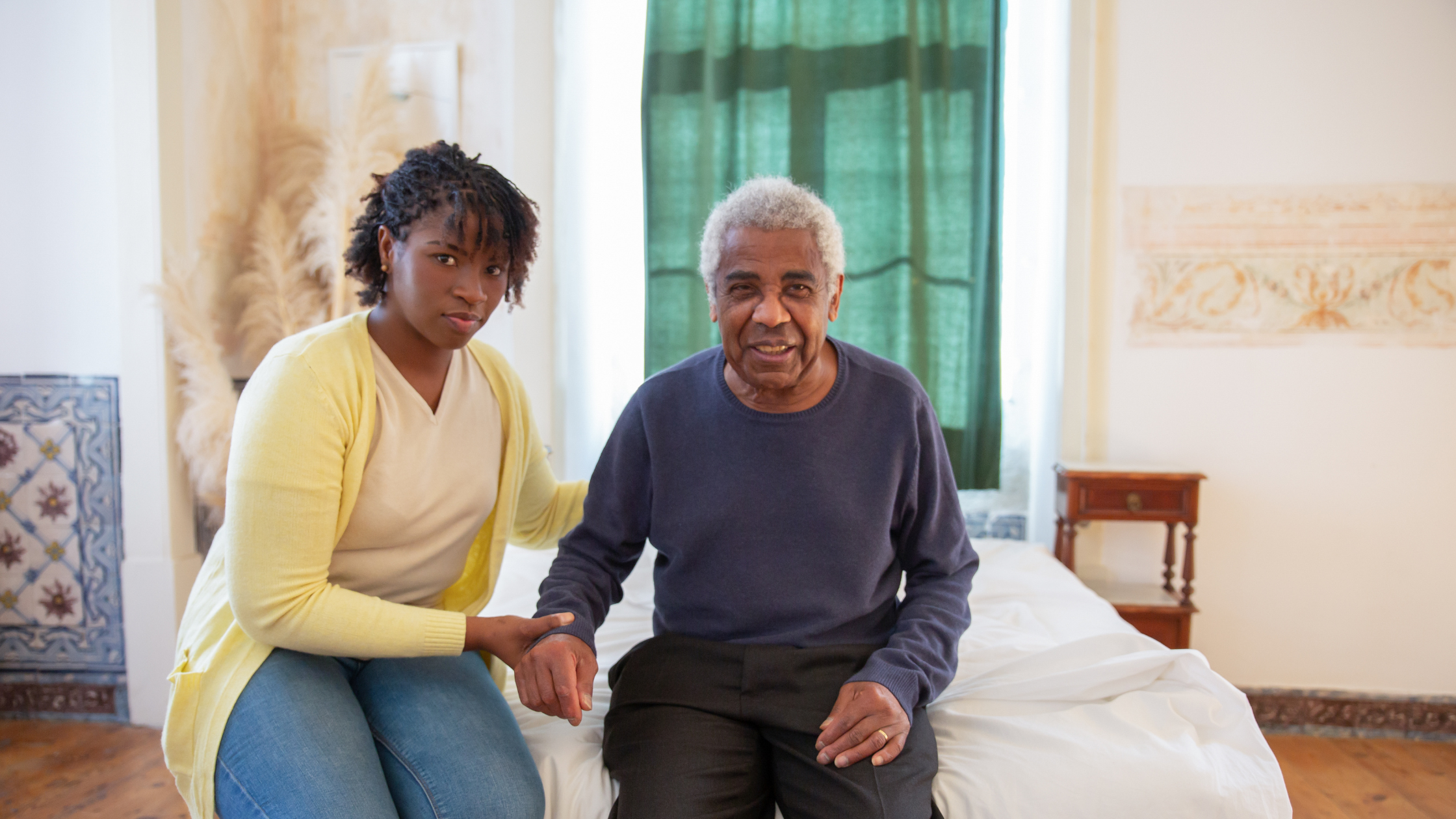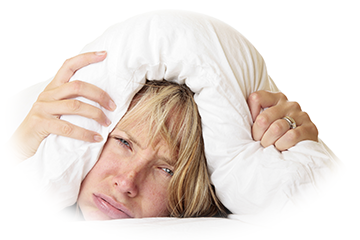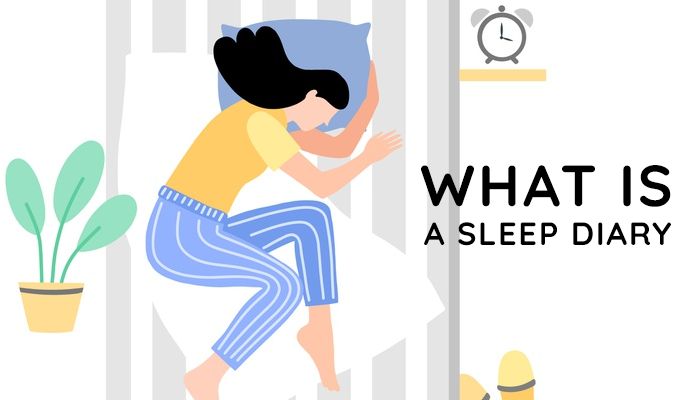For individuals with dementia or Alzheimer’s disease, nighttime can bring a host of challenges, including increased confusion, agitation, and restlessness. This phenomenon, known as sundowning, can significantly impact both the affected individual and their caregivers. Understanding why sundowning occurs and how to manage its effects can improve sleep quality and overall well-being.
Sleep apnea is a serious sleep disorder that causes repeated interruptions in breathing during sleep. While many people may dismiss snoring or occasional sleep disturbances as harmless, untreated sleep apnea can lead to severe health consequences. Understanding these risks is crucial for recognizing the importance of diagnosis and treatment.
What is a Sleep Diary?
A sleep diary is a record of your sleep, including all aspects of your sleep. This includes data about your sleep, patterns of sleep, and sleep habits in order to identify potential problems that could signal an underlying sleep disorder. Sleep diaries are generally kept over a period of at least two weeks, but the longer the better.
Sleep diaries might be requested of you by your doctor or a sleep center in order to get more accurate data about your sleep.
Do you wake up earlier than you’d like or have trouble falling asleep and staying asleep? Are you excessively tired throughout the day and/or having difficulty concentrating at work or school? Do you rely heavily on caffeine to keep you awake? Does the sleep you do get feel restorative, or does it feel inadequate? If you said “yes” to any of these questions, there is a chance that you suffer from a sleep disorder.
If a sleep disorder is suspected, there will likely come a time when you will have a sleep study performed to get to the root of your sleep problems. Talking to your doctor, or one of the sleep specialists at the Anchorage Sleep Center, about your sleeping challenges is the first step in getting a sleep study performed and discovering what exactly is disturbing your slumber. Your doctor will likely have you keep a sleep diary for at least two or three weeks. This will help them better understand your symptoms and help them with their diagnosis. It wouldn’t hurt, however, to start a sleep diary as soon as you recognize that there is a problem with your sleep. Good documentation will help accelerate the process leading up to diagnosis and treatment.
What is a Sleep Diary?
A sleep diary is a record of your sleeping that includes all of the aspects of your sleep such as patterns and habits in order to identify potential problems that should incur a sleep study. Sleep diaries are generally kept over a period of at least two weeks, however, longer durations are often better for more information.
Sleep diaries might be requested of you by your doctor or a sleep center in order to get more accurate data about your sleeping throughout the process of working up your sleep concerns.





